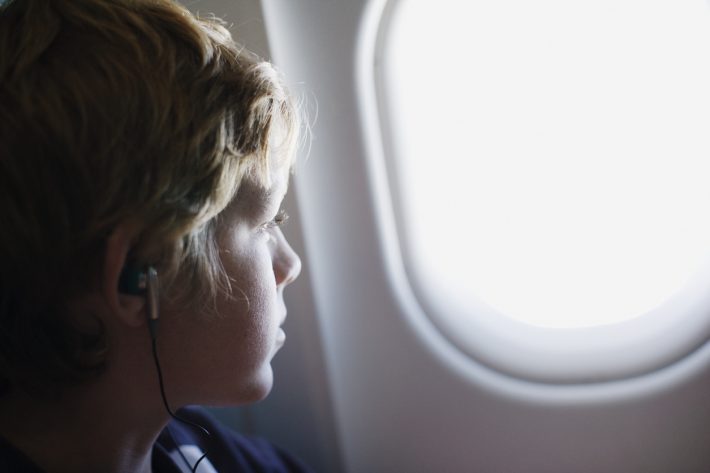FAMILY LAW: WHEN IS IT OKAY TO MOVE THE KIDS OVERSEAS?
March 30, 2017
If you have children with your ex-partner, you may have experienced difficulties in agreeing on all sorts of issues concerning your kids. This problem is often magnified when it comes to taking them overseas. Having an overseas holiday is one thing, but circumstances can become even more fraught if one party wants to take the kids and permanently relocate to another country. How much of a say do the kids have on such an important issue?
The High Court recently considered this family law issue and has confirmed some principles that must be taken into account when deciding whether to move overseas with the kids in tow.
Background
The mother and father were married and then in 2010 they separated. They had three children: two boys aged 17 years and nearly 15 years and a daughter aged nearly 12 years.
In 2014 parenting orders were made, allowing the children to choose which parent they lived with and allowing both the mother and father to take them on overseas holidays.
The eldest son had been living with the father for some time after his parents’ separation and didn’t have much to do with the mother, although she had attempted to stay in touch with him. The younger son divided his time between the mother and father and the daughter remained living with the mother but spent some weekends with the father.
In January 2016 the father and the two sons flew to New York for a holiday. About two weeks later, in breach of the parenting orders, the father informed the mother that he had decided to permanently live in the US and that the boys would remain with him.
The mother took legal action to have the boys returned.
Decision
When this case went to trial, the court found that even though the boys wanted to stay in New York, there were other issues to consider, for example the separation from their mother and sister. It also found that there were family law counsellors and consultants already engaged to help the family work through all of their conflict issues.
The Court made temporary orders that the boys return to Australia. It said that if the father returned to Australia they could continue to live with him and if he did not return, arrangements could be made for the boys to live with friends or relatives (because they didn’t want to live with the mother).
The father appealed this decision but the Full Court dismissed the appeal. The father appealed again to the High Court, saying that the other courts should have given proper, genuine and realistic consideration to the views of the boys.
High Court’s decision
The High Court said that the other two Courts had been right. It confirmed the Full Court’s decision that:
- The best interests of the children were the most important consideration.
- Children benefit from being able to have a meaningful relationship with both parents.
- The Court can consider the children’s views about the situation but also must take into account their maturity and level of understanding, including the long-term implications of being separated from a parent or sibling.
Other considerations included:
- The relationship of the children with each of the parents.
- The effect of any changes in the children’s circumstances.
- Whether the difficulty and expense of spending time with a parent (due to living in a different country) would affect the children’s rights to maintain a close relationship and regular contact with both parents.
- Children have the right to know and to be cared for by both parents and a right to spend time with both parents on a regular basis.
The Court said that the father’s breach of the family law parenting orders meant that there was potential for damage to the children’s relationships with their mother and with each other.
It also said that his attitude towards the responsibilities of parenthood, if left unchecked, would likely send a poor message to the boys who were easily influenced.
The High Court confirmed that any views that have been expressed by a child must be considered and that the trial judge did take steps to work this out.
What does it mean?
This decision shows that even though children’s wishes should be considered in family law cases, often there may be overriding factors that mean that they don’t get what they want. This is because the court also has to consider what is in their best interests. Children’s wishes are just one factor in a delicate balancing process.
This decision also confirms the importance of abiding by parenting orders. Even though the parties initially had agreed amongst themselves about the arrangements for the children, once they had applied to the Family Court to make orders about the agreement, those orders were legally binding. The father did not abide by them and this was to his detriment. The courts all regarded this as a paramount consideration, with the High Court going so far as to say that a breach of the orders was against the best interests of the children.
They are strong words.
The issue of international travel and relocation for children is complex and difficult. It needs to be handled with delicacy and sympathy and all legal issues need to be carefully weighed. This is where the expertise of a family lawyer is invaluable and Websters Lawyers has a team of family law lawyers who are highly experienced in managing these issues.
If these issues affect you, contact us today for a free first interview. Because the sooner you act, often the better off you’ll be.


